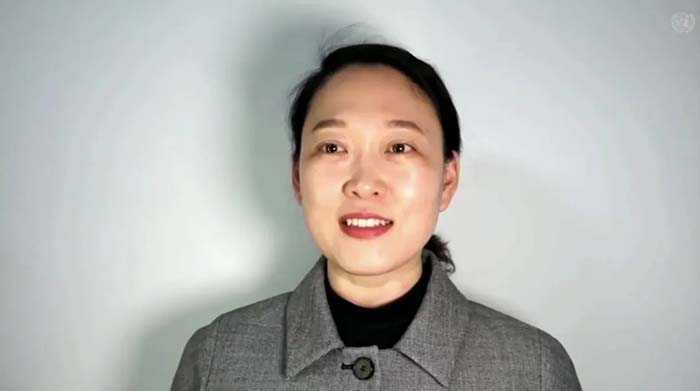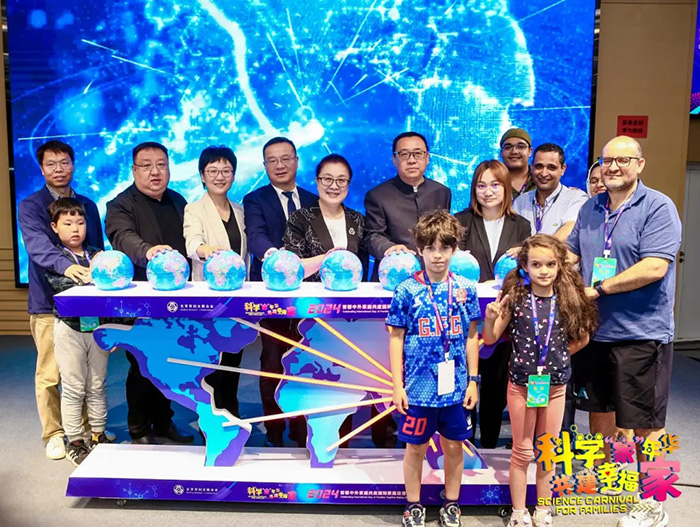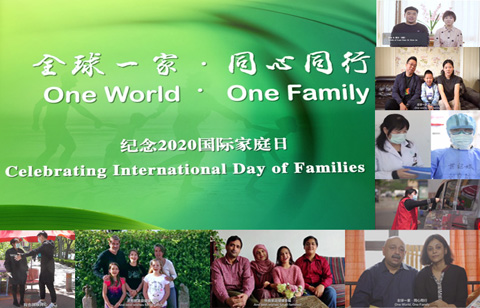BWF Successfully Holds 2025 Training Program for Core Social Workers
Date:2025-7-1 16:30:31 Views:From June 23 to 25, the Social Work Department of Beijing Women’s Federation (BWF), together with the Beijing Women Cadres School, jointly organized the 2025 Training Program for BWF Core Social Workers, aiming to deepen the integration of social work into the BWF’s core functions and enhance the skills and effectiveness of its cadres in grassroots governance and services for women, children, and families. The program brought together 48 participants, including social work leaders, full-time social workers, and core social workers at the grassroots level from the women’s federations across all 16 Beijing districts and the Beijing Economic-Technological Development Area.
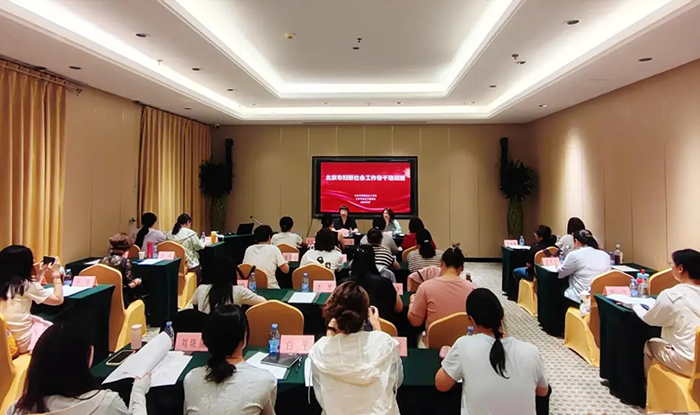
Trainees participating in a training session
The training was closely aligned with General Secretary Xi Jinping’s key directives on women, children, and the work of the women’s federations, as well as the Central Committee of the Communist Party of China’s eight-point decision on improving work conduct. It featured several key topics, including family building and social work in the new era; management, planning, and evaluation of the services provided by women’s federations; principles and practices for children’s affairs in the new era; methods and the role of women-oriented social work and organizations; communication skills in mediation and petition handling; and strategies for achieving organizational “two coverages” across emerging sectors.
Responding to the new requirements of social development in the capital in the new era, the training focused on the evolving responsibilities and challenges faced by social workers today. Lectures were delivered by leading scholars and experts from the Beijing Social Work Development Center for Facilitators (Beijing Facilitators) and China Women’s University (CWU), offering both in-depth theoretical analysis and hands-on practical training.
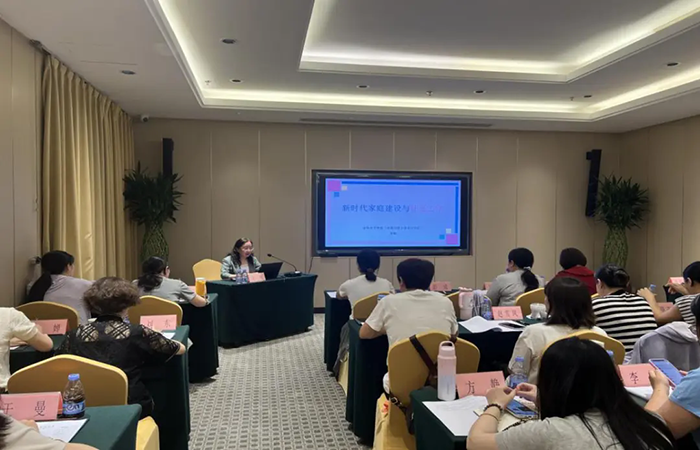
Professor Li Min, Dean of the School of Social Work at CWU, delivers a lecture on family building and social work in the new era.
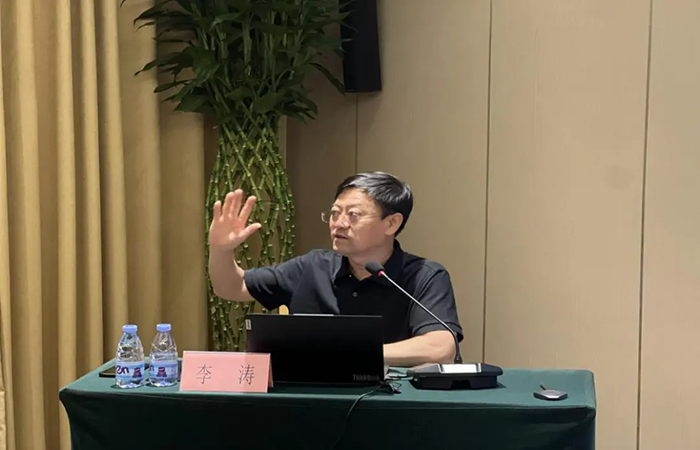
Li Tao, Director of Beijing Facilitators and senior social worker, presents on management, planning, and evaluation of the services provided by women’s federations.
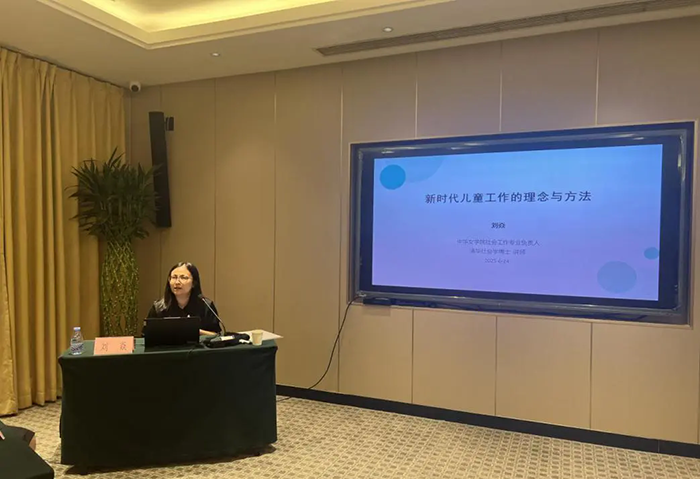
Liu Yan, Head of the Social Work Program at the School of Social Work, CWU, shares insights on principles and practices for children’s affairs in the new era.
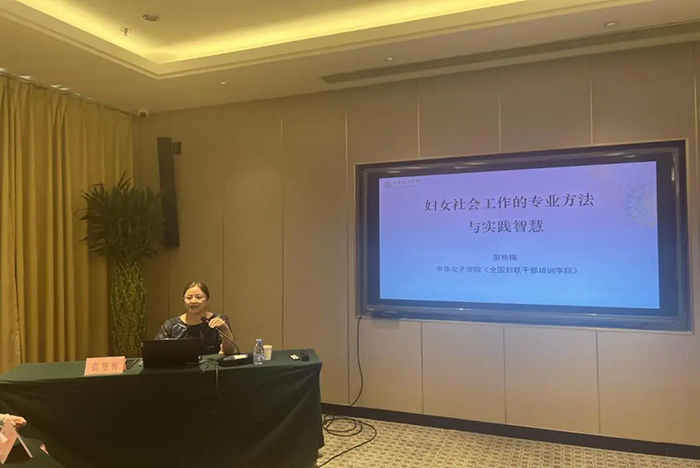
Associate Professor Miao Yanmei, School of Social Work at CWU, lectures on professional methods and practical insights of women-oriented social work.
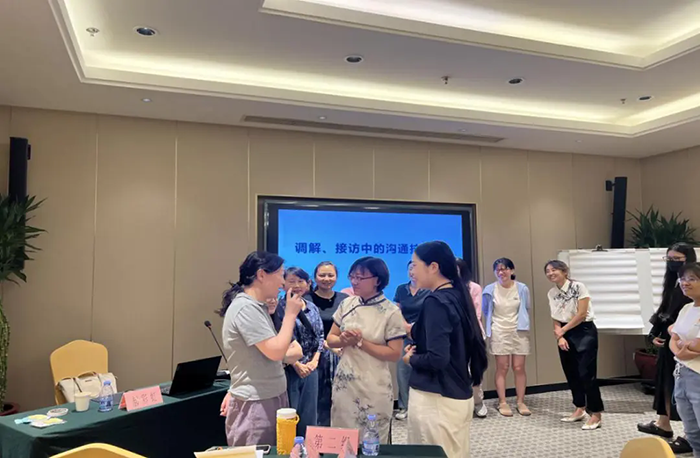
Associate Professor Hao Caihong, Deputy Dean at the School of Social Work, CWU, speaks on communication skills in mediation and petition handling.
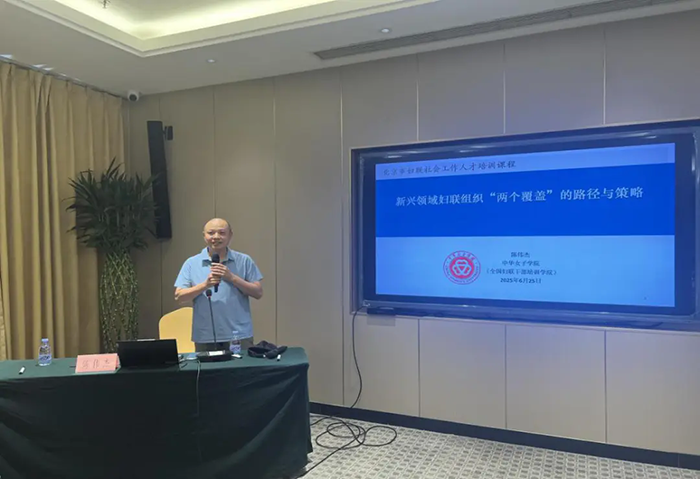
Associate Professor Chen Weijie, School of Social Work at CWU, discusses strategies for achieving organizational “two coverages” across emerging sectors.
The training incorporated a variety of interactive methods, including specially designed, open-format practical exercises such as simulated petition handling and case-based discussions. These activities encouraged active participation and dialogue, strengthening the overall impact of the program. Group discussions and interactive sessions were lively and engaged, with participants exchanging ideas, raising shared concerns, and offering thoughtful suggestions based on their experiences working at the grassroots level. The discussions featured meaningful recommendations and real-life examples, fostering mutual learning and collective progress.
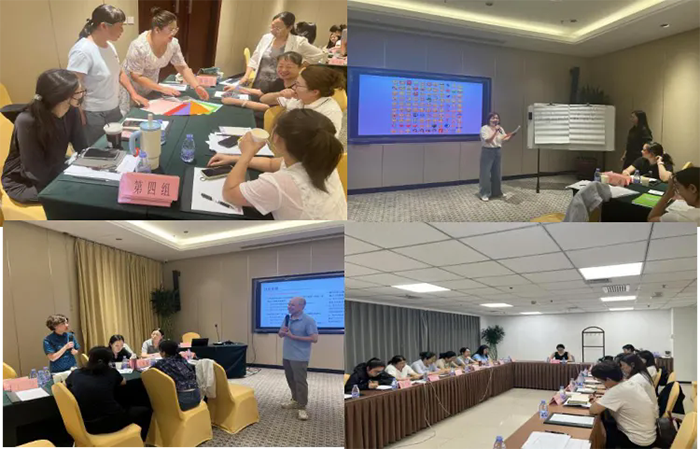
Open-format, participatory training model
At the trainee forum, Chen Keyu, Director of the Beijing Derun Shifang Social Work Office; Liu Mingfei, a full-time social worker with the Shunyi District Women’s Federation; and Chen Fang, a member of the community Party committee from Rong’erbei Community in Changping District’s Huilongguan Subdistrict, shared their reflections on the training. As trainee representatives, they also exchanged insights from their work in women’s and children’s social services within their respective communities and fields of practice.
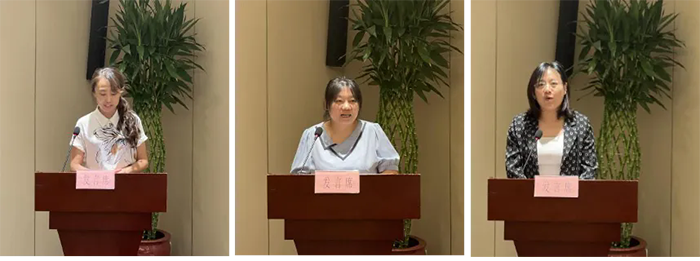
With rich course content, creative formats, and strong participant engagement, the training program sparked a renewed sense of purpose among attendees. They expressed their commitment to take this training as a new starting point—upholding the principle of “to help others is to help ourselves”—and to put their new knowledge into practice. They also pledged to take proactive roles in promoting family values, safeguarding women’s rights and interests, and providing quality care for children. Determined to serve as trusted, dependable, and indispensable allies to women and children, they aim to make greater contributions to the high-quality development of the cause of women and children in Beijing.
